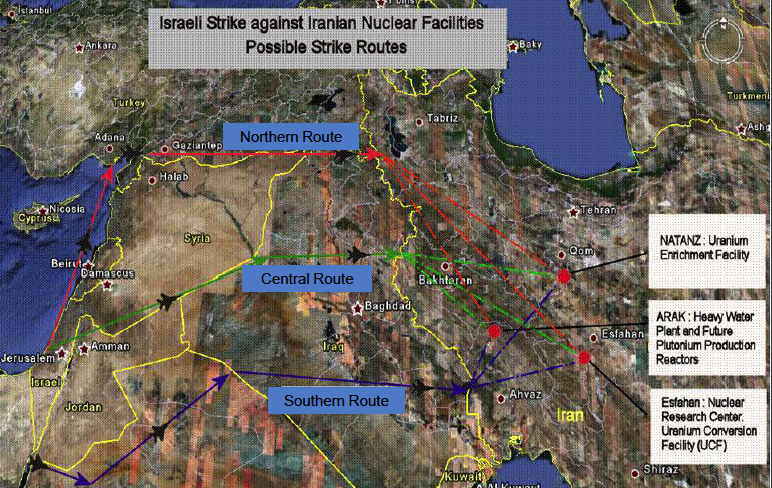Die Demokraten im Senat haben der Regierung die Bewilligung von 80 Mio $ verweigert, die für die Abwicklung der Schliessung von Guantanamo vorgesehen waren.
Im Klartext: Obamas eigene Partei blockiert jetzt die Schliessung des Gefangenenlagers, die Obama für sein erstes Amtsjahr versprochen hat – ein symbolisch wichtiger Trennstrich zur Bush-Regierung. Die NYTimes berichtet:
In recent days, Mr. Obama has faced growing demands from both parties, but particularly Republicans, to lay out a more detailed road map for closing the Guantánamo prison and to provide assurances that detainees would not end up on American soil, even in maximum security prisons.
The move by Senate Democrats to strip the $80 million from a war-spending bill and the decision to bar, for now, transfer of detainees to the United States, raised the possibility that Mr. Obama’s order to close the camp by Jan. 22, 2010, might have to be changed or delayed.
Das wirft ein fahles Licht auf die Anfrage der US-Regierung an Deutschland, man möge doch bitte neun uigurische Häftlinge aufnehmen – selbst wenn diese Häftlinge unschuldig sind und ihnen nach Jahren grausamer Verhöre nichts nachgewiesen werden konnte.
Wie kann man mit der Bitte um Entlastung bei diesen Gefangenen an eine befreundete Regierung herantreten, wenn im eigenen Land – und von Führern der Regierungspartei! – gefordert wird, die anderen Gefangenen dürften „nicht auf amerikanischem Boden bleiben, nicht einmal in Hochsicherheitsgefängnissen“?
Da entsteht doch der Eindruck, die Gefangenen sollten wie eine Art juristischer Sondermüll irgendwo in der Welt verklappt werden – um zu Hause die nötigen Debatten über die rechtspoltische Sackgasse zu vermeiden, in die die Bush-Regierung sich manövriert hat.
Der Mehrheitsführer im Senat, Harry Reid, wird folgendermaßen zitiert:
Mr. Reid in his comments, however, was unequivocal in insisting that the terrorism suspects never reach American shores.
“You can’t put them in prison unless you release them,” he said. “We will never allow terrorists to be released in the United States.”
“In looking at the position of the House, that was more logical,” Mr. Reid said. “We have clearly said all along that we wanted a plan. We don’t have a plan. And based on that, this is not the bill to deal with this.”
Es ist richtig zu fordern, dass sich Deutschland an der Verbesserung der Situation von unschuldigen Gefangenen beteiligt. Aber diese Pflicht ist hierzulande politisch schwer plausibel zu machen, wenn Amerika die Gefangenen vom eigenen Festland fernhält, um die gesellschaftlichen und sonstigen Kosten zu minimieren.
Nur wenn die Amerikaner selber das juristische und humanitäre Desaster von Guantanamo aufarbeiten, kann auch die Welt in die Pflicht genommen werden.

